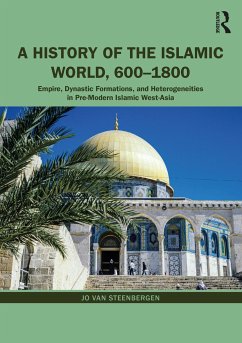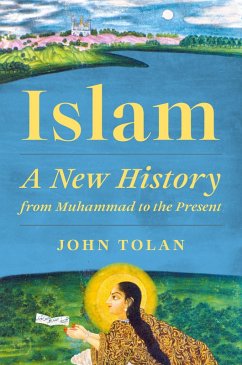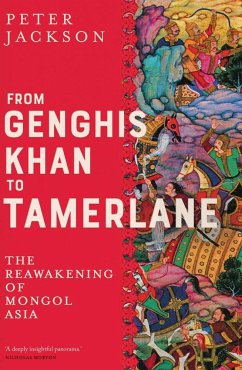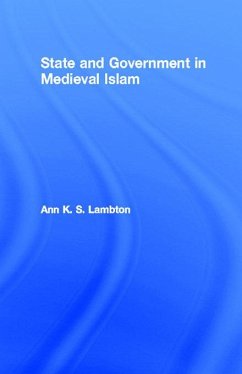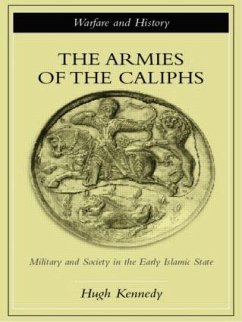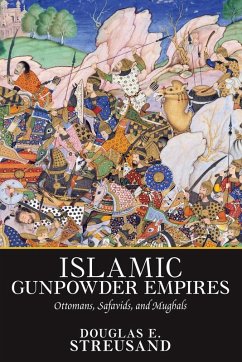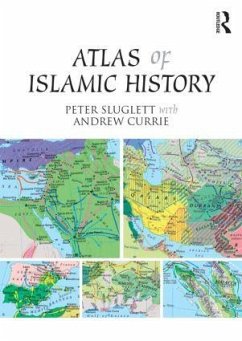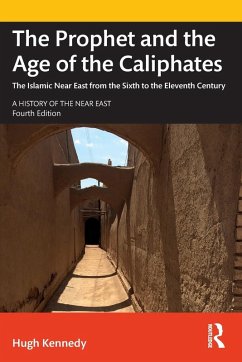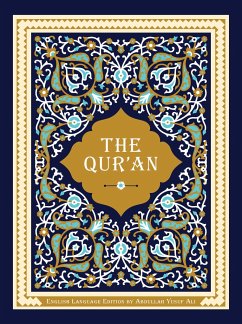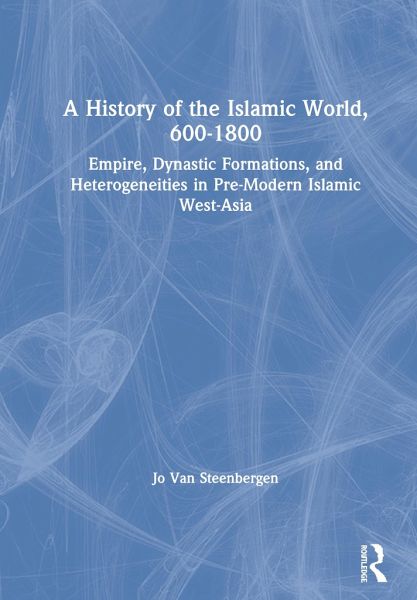
A History of the Islamic World, 600-1800
Empire, Dynastic Formations, and Heterogeneities in Pre-Modern Islamic West-Asia
Versandkostenfrei!
Versandfertig in 1-2 Wochen
174,99 €
inkl. MwSt.

PAYBACK Punkte
87 °P sammeln!
A History of the Islamic World, 600-1800 supplies a fresh and unique survey of the formation of the Islamic world and the key developments that characterize this broad regionâ s history from late antiquity up to the beginning of the modern era.



